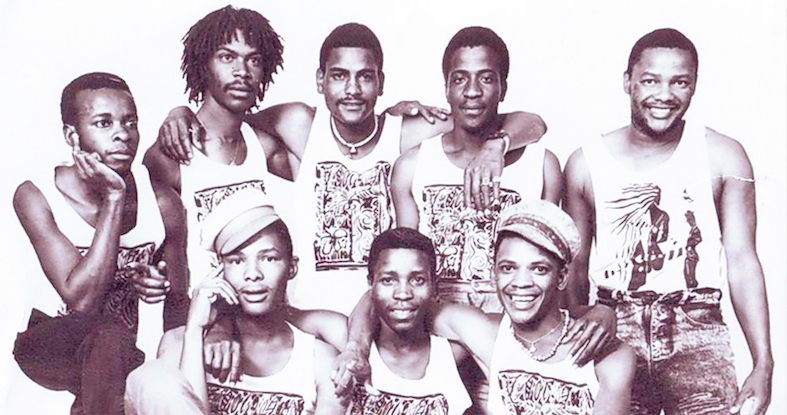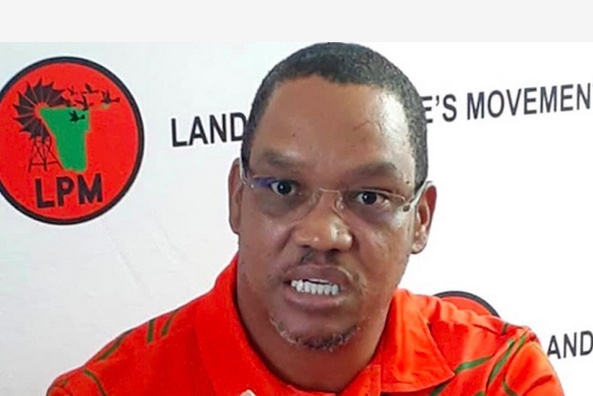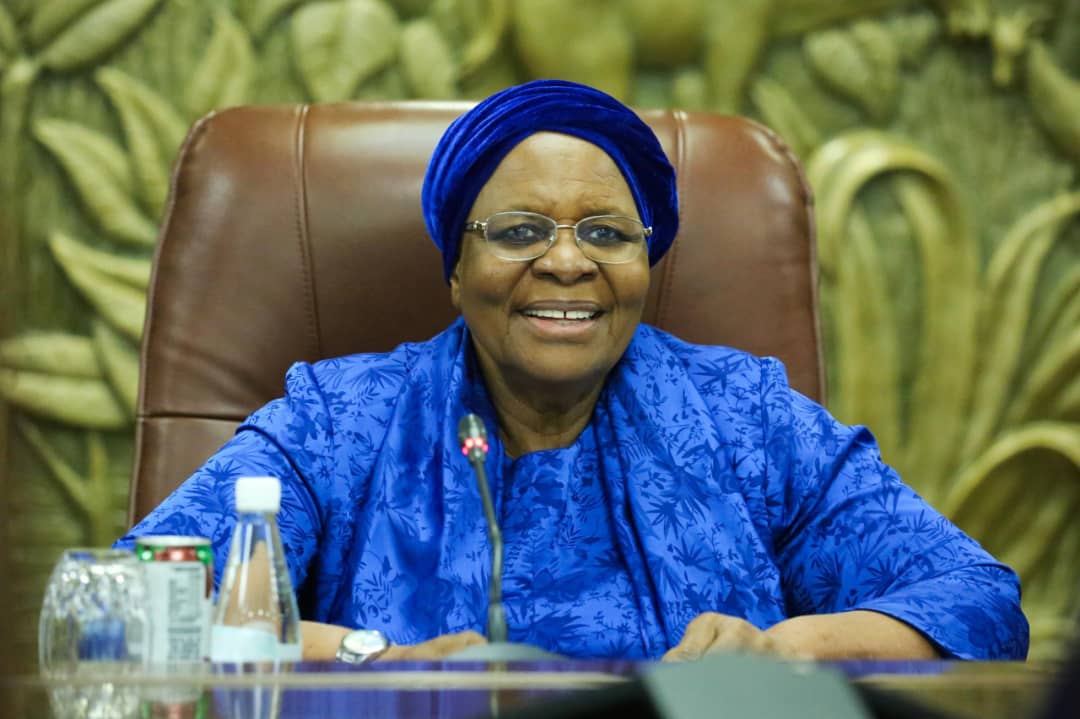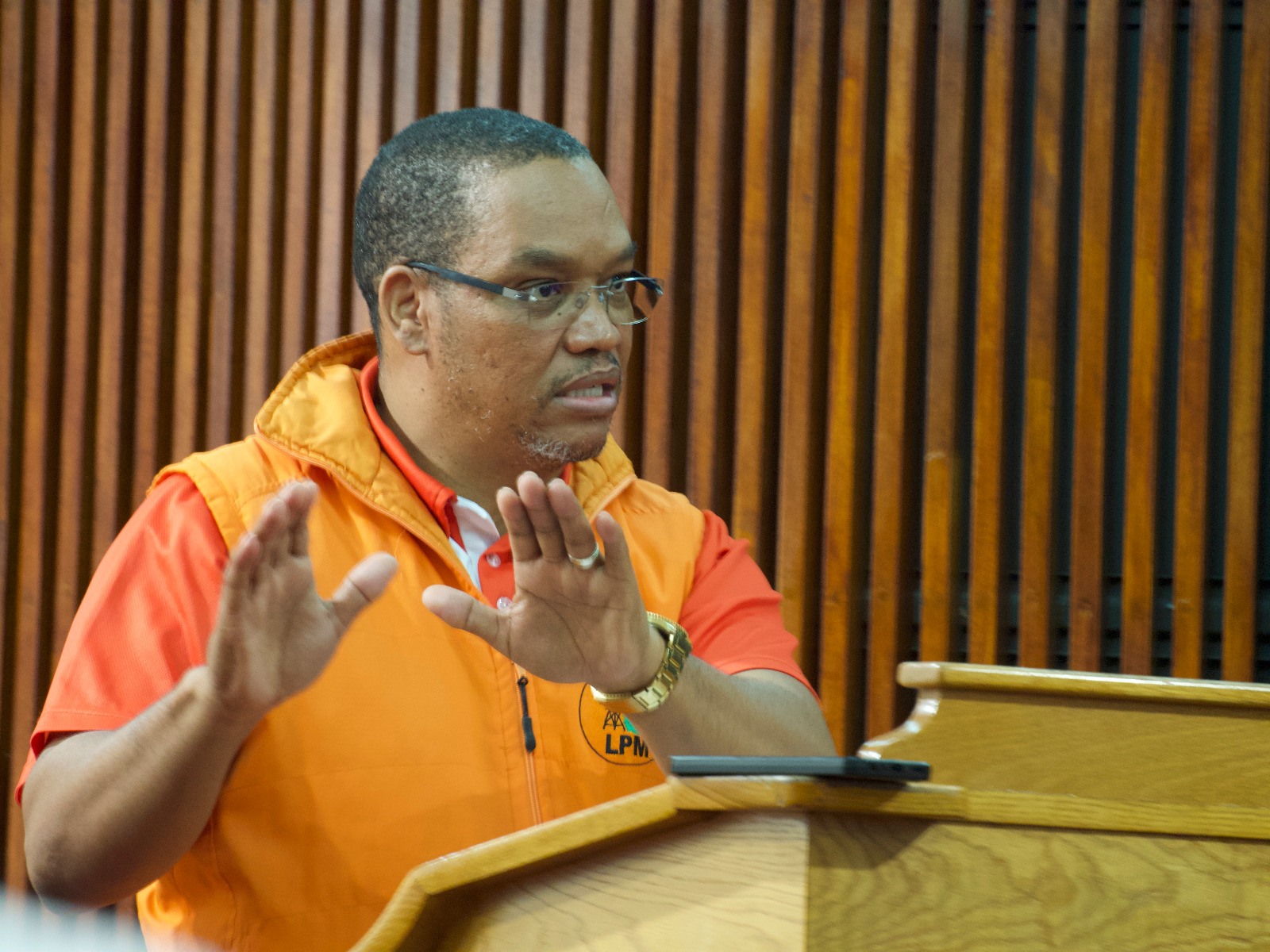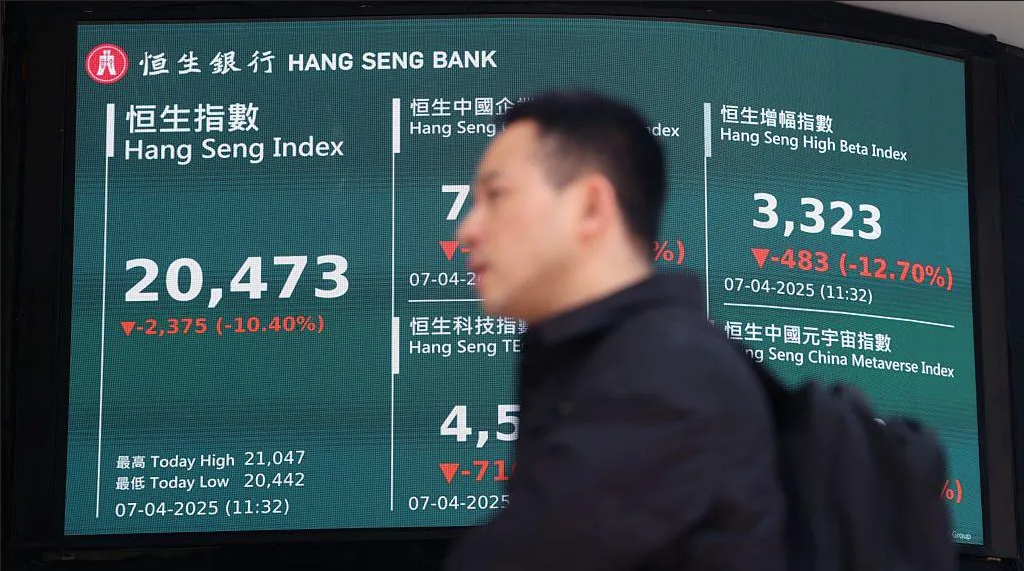To many people, music is said to be the food of love.
At the height of the liberation struggle, music not only served as a source of entertainment, but was also a source of comfort to many people.
It is thus not surprising that live music bands were used to attract and entertain the masses during political rallies, most notably by both Swapo and the National Union of Namibian Workers (NUNW), to start what is today known as ‘politainment’ (politics and entertainment).
The concept, which started with Swapo and the Ugly Creatures in the mid-70s, culminated in the late 80s when the NUNW, which is affiliated to Swapo, roped in bands like Heroes to keep its supporters entertained during its rallies.
Comprising some of the country’s top young musicians, like Axies Dausab (bass), Gerson Doeseb (keyboard), Dennis Eiseb (keyboard), Rudolf ‘Mannetjie’ Langendorf (lead guitar), Lazarus ‘Lazzy’ Garoeb (drums), Pius Gaeb (lead vocals) and Ruben Khoeseb (vocals), Heroes was without a doubt one of the hottest bands in the country at their peak.
Heroes composed a few of their own songs, but they mostly played cover songs by top American and South African groups.
“Heroes were extraordinary. We were still very young, but we produced a very distinct and rich sound, because we packed together some of the country’s best instrumentalists, who are still making an impact in the music industry today.
“Our two keyboardists, Gerson Doeseb and Dennis Eiseb, belong in the league of some of the country’s most sought-after ivory ticklers, while Lazzy [Garoeb] and Mannetjie [Langendorf] were unmatched on drums and lead guitar, respectively,” Ruben Khoeseb says.
Bassist Dausab’s prowess on the four strings have attracted a lot of interest from other bands, while Garoeb, who initially made a name for himself as a teen singer with the Ugly Creatures during the 70s, proved to be one of the most talented drummers of his generation.
Lead singer Gaeb, the late leader of the band and the person who named the band Heroes after they split from Ama-Africa, was a charismatic vocalist whom many rated among the top three singers Namibia has ever produced.
“Pius [Gaeb] was good. He could create a song impromptu on stage during a gig. No wonder he, together with Mannetjie, came up with our hit ‘Axaro’, which is still one of the top Damara punch songs. He also created ‘Tina’ and ‘Oka Matisa’,” says Eiseb.
Garoeb left the band at one stage and was temporarily replaced by veteran drummer Jomo Haoseb.
The band found a perfect permanent replacement in Brian Brunner, who was also a great drummer-cum-singer.
Later on veteran singer Michael Owos-Oab also added his voice to the line-up.
Local music guru Phillip Muinjo also speaks very highly of Heroes.
‘TIGHT UNIT’
“Those guys were exceptional,” he says. “They may not have had the same musical teachings of the mighty Ugly Creatures, for instance, but they were a tight music unit.
“They sounded very compact. They modernised our music and they had a similar style to that of South Africa’s Big Dudes. They had a top singer in Pius as well.”
Eiseb says the band became Heroes after Ama-Africa split up.
“Ama-Africa was initially Pendence, short for ‘independence’, and most of the members moved over to Ama-Africa. Everything was still fine, and we were really getting into the hearts of music fans countrywide. We also travelled a lot during those days.
“Our biggest support base was at towns like Swakopmund, Usakos, Karibib, Omaruru, Uis, Khorixas and, of course, Windhoek. Our road shows took us to remote towns like Karasburg in the //Kharas region and Katima Mulilo in the Zambezi region,” he says.
Eiseb says a fan bought them new music instruments from South Africa, but defaulted on his monthly payments, resulting in the instruments being repossessed.
“It was before the country’s independence and the band was facing extinction. We approached the NUNW in the person of late advocate Anton Lubowski to help us get our instruments back and he promised to do so on condition that we play for them.
“That is how we got involved in the politainment phenomenon which engulfed the entire country at the time. All the political parties also followed the concept. For us it was particularly dangerous because Swapo was the enemy of the security forces,” Khoeseb says.
He says they were also playing on the day Swapo activist Immanuel Shifidi was assassinated in cold blood at a Swapo rally marking the United Nations International Year of Peace at Katutura in 1986, with their instruments destroyed.
“Those were life-threatening days. It is unlike today, with musicians playing at political rallies with no risk of being shot. Also, we hear that the artists are paid handsomely when they perform at the rallies today, while we were playing for solidarity only.
“It is painful that we are not getting the same recognition as the politicians, because we were equally exposed to the enemy,” Eiseb says.
Heroes performed at the first Swapo star rally, and also accompanied former president Sam Nujoma on rallies at towns like Khorixas, Grootfontein and Rehoboth.
Heroes had to go their separate ways in the mid-90s, because they couldn’t afford to buy new instruments.
Stay informed with The Namibian – your source for credible journalism. Get in-depth reporting and opinions for
only N$85 a month. Invest in journalism, invest in democracy –
Subscribe Now!




